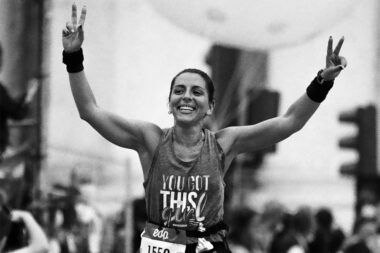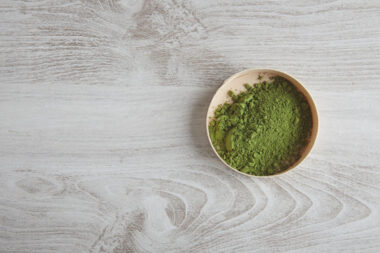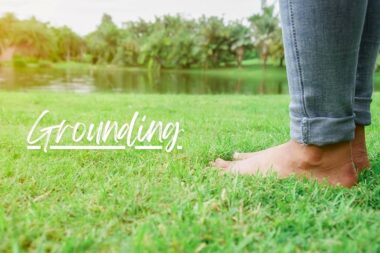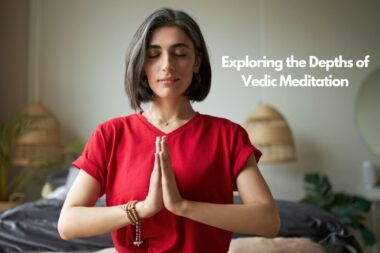Since ancient times, humans have explored various ways to enhance their well-being by understanding the mechanics of their bodies. It includes physical and mental practices that we call yoga, which improves the functioning of our body and our mind.
Many people have started treating their anxiety and depression with yoga and meditation. This is due to the fact that the practices involved in them effectively target the areas in the brain which get affected by mental disorders.
Recent research has indicated that mindfulness techniques like yoga and meditation can also be used with evidence-based treatment to help people overcome mental disorders and various addictions as they provide powerful additional support to your recovery process.
Treating any kind of addiction involves adopting a new lifestyle and a completely new mindset.
We will be talking about that in this article. But before we go ahead, let us understand some basics.
What is yoga and meditation?
Yoga generally means union, in this sense, the union of mind and body. It includes practices of physical and mental disciplines with the help of body postures, breathing control, and other mindfulness activities that promote relaxation. The most popular form of a physical relaxation technique is hatha yoga.
Meditation is a part of yoga in which we deal with our mental activities like observing our thoughts and emotions. The purpose of meditation is to understand how the mind works and transforms it.
It begins with getting aware of our own thoughts and emotions that are reacting to our surrounding circumstances or past experiences. And gradually, dissociate with them and just let them go.
How yoga and meditation can help addiction recovery?
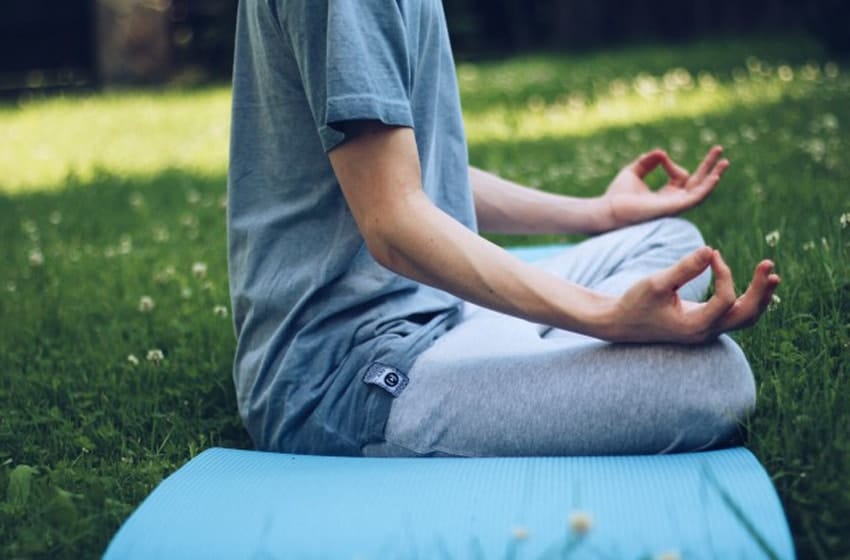
Mindfulness activities like yoga and meditation help you keep your thoughts grounded in the present moment, consciously. Whenever the mind starts to think about past experiences or future concerns, just pause for the moment.
Carefully examine your thoughts and bring them back to the present moment in a gentle way. This enables us to learn how to keep our emotions under control as well as deal with our stress and addiction.
People who practice mindfulness on a regular basis learn to get more self-aware and become less anxious. Mindfulness activities teach us that all types of cravings, whether for drugs or for alcohol, are merely our thoughts. And we don’t have to react to them necessarily.
With more practice, we tend to become less impulsive whenever the cravings arise because we will be able to see our thoughts as something which can be tamed.
Craving does not necessarily need to be avoided; it only needs to be understood.
When we become more aware of the rising of our thoughts and emotions, we can look at our cravings as temporary condition that will pass.
Read more: 5 Health Benefits Of Mindfulness-Based Meditation
More importantly, we need to look at what is going on in our lives and relationships that may be causing discomfort to us. Maybe we are concerned about a family member, someone at the workplace, or any kind of future event.
At this point, we can understand that the craving is just a distraction from the underlying situations of our life. And they need to be addressed.
Final Thoughts
Practicing yoga and meditation can help addiction recovery by breaking the cycle. As a consequence of doing mindfulness activities, we can understand the root cause of our problems. And gradually, we learn to address those issues with kindness towards ourselves and others.
As we mature in the process, we tend to look more at the primary issues, rather than finding some sort of distraction from them.
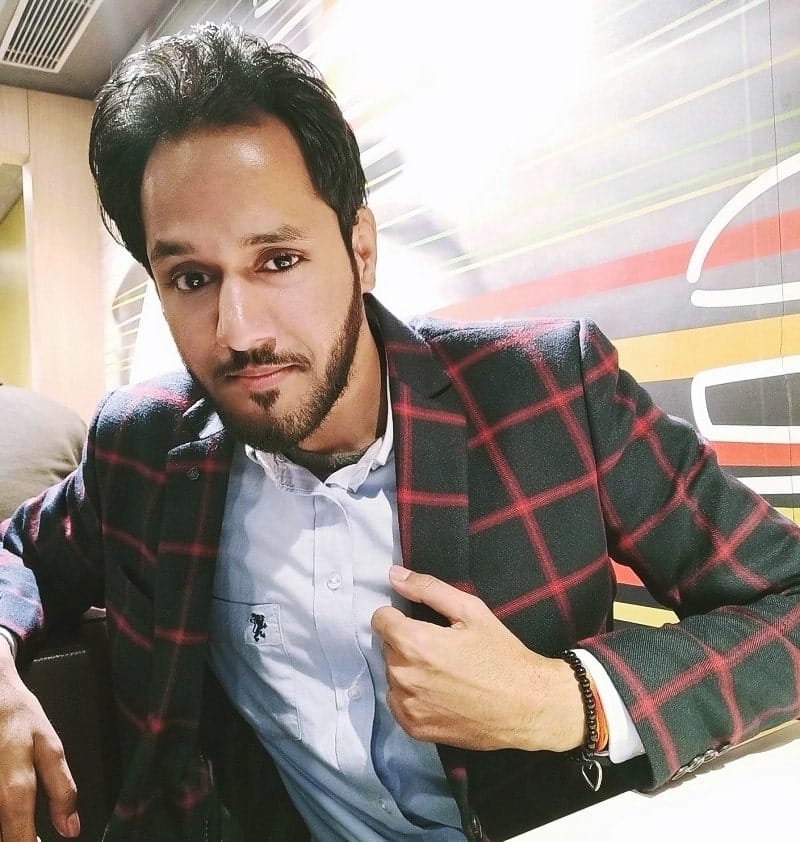
Hello reader, I’m Abhishek Shankhwar, a mental health & wellness enthusiast and a digital marketing specialist by profession. As a passionate health and wellness writer, I feel obligated to inform, inspire, and reach out to so many people. In the meantime, you’ll always find me reading books, writing inspiring content, and cooking delicious food. Connect with me on LinkedIn.








